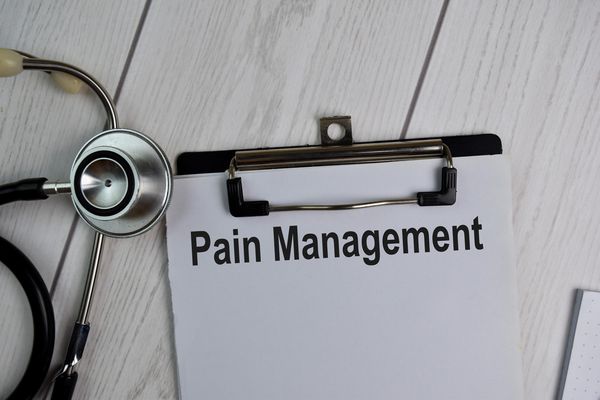If you or someone you love is facing a surgical procedure, you may already be thinking about putting all the pieces in place for rehabilitation once it is all done.
Just as important is getting your body in condition before the surgery. The better shape you're in going in, the lower your risk of surgical complications and the faster your recovery time. And that all equals lower stress—a good thing considering stress can weaken your immune system and keep it from performing at its best.
Like training your body for a marathon, you can train your body to prepare for surgery, too. We're not talking tough, strenuous workouts or restricted diets, but basic lifestyle modifications that may contribute to shorter hospital stays and faster recoveries.
Do your research. Choose a surgeon with expertise in the type of surgery you'll be having. Currently there are 14 surgical specialties recognized by the American College of Surgeons. Choosing an experienced surgeon may help make your surgery successful—and so can choosing a hospital that does a high volume of the procedure you're having. "Hospitals are like athletes," says Archelle Georgiou, MD, strategic adviser to Healthgrades.com, a website that empowers consumers to seek information about hospital and physician performance data. "They generally excel in one or two things," she says. Finding a well-qualified surgeon is not enough—the hospital also matters. "Surgery requires much more than just operative skill," she says.
Get fit. Walking, biking or swimming—as well as deep breathing—can improve your lung function, which is important because that helps to expand the tiny air sacs in your lungs (called alveoli). This will help prevent a postsurgical condition called atelectasis, which can occur following anesthesia. If the alveoli collapse, it could lead to fever and pneumonia. The better your breathing, the less risk of this happening. Surgery also puts stress on your body, and the better the shape you're in, the stronger you'll be for recovery.
Eat well. A healthy, nutrient-rich diet is not only important before surgery, but also after surgery to help your body heal. After surgery, you actually need to consume more calories, because your body requires energy to heal. According to the Hospital for Special Surgery in New York City, you'll need to consume about 15 to 20 calories per pound of body weight. "Prior to surgery, it's certainly helpful to be well-nourished for overall health," says registered dietitian Isabel K. Smith. Good nutrition after surgery helps promote surgical wound healing, she adds. Drinking plenty of fluids (mostly water, not sugar-sweetened beverages) helps with the delivery of nutrients to the wound site. Important foods to include: Fruits and vegetables, lean fish and chicken, shrimp, meat, grains, beans, sesame and pumpkin seeds, tofu, edamame and nut butters. "Vitamin C plays an important role in collagen production and wound healing; protein is important for tissue regrowth and repair; zinc helps with enzyme production and wound healing," Smith says.
Be well-informed. Education and preparation may be one of the best medicines there is. Make sure you learn about the most common postsurgical complications and how to recognize them. You need to know what to do about possible complications and when to call your health care professional or go to a hospital.
Manage your pain. Controlling your pain can keep you feeling more comfortable and can help you recover faster. It also may reduce the risk of developing postsurgical complications like pneumonia or blood clots. Why? If your pain is well controlled, you'll be able to do the activities important for healing, like walking and deep breathing. It's important to stay ahead of your pain; using medicine at the first sign of pain may help control your pain later, says the National Institute on Aging. Besides medication, you may be able to relieve pain with relaxation tapes, guided imagery, listening to soft music or applying heat or cold therapy. Good pain control can also make it easier to sleep, which helps promote healing.







